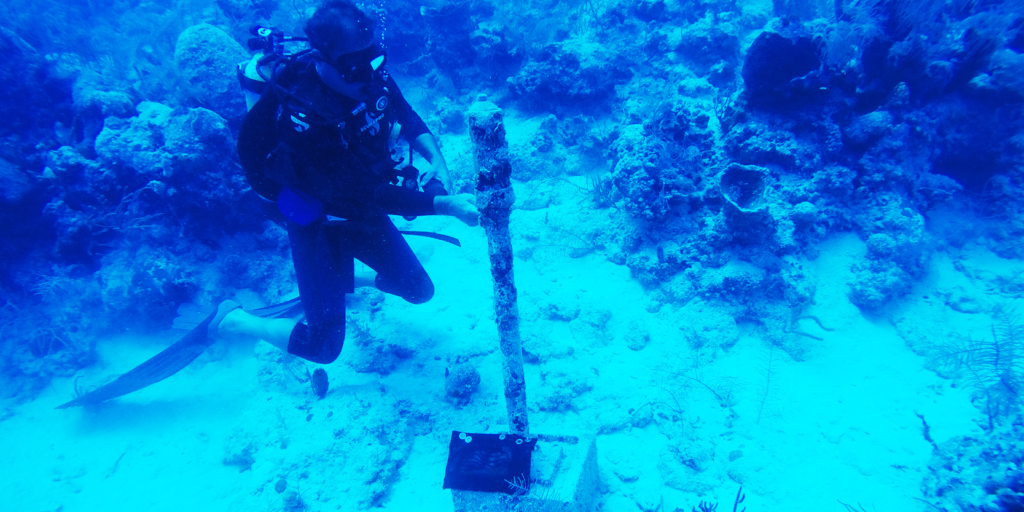
SECOORA and partner, The FACT Network, received a $15,000 grant from the Curtis and Edith Munson Foundation to support fisheries research in South Florida. But there is a catch – we need to raise $15,000 in matching donations. These matching funds will be used to support a graduate student conducting fisheries research in South Florida. We need your help in order to make this student opportunity happen.

Why This Matters
Understanding how water temperature influences the movements of fish and turtles is critical for effective protection and management of our aquatic resources. The simultaneous collection of animal location and temperature data can used to better understand fish behavior – anything from temperature impacts to habit use, migration patterns, or spawning.
100% of the donations will be used to support a graduate student scholarship opportunity. The funded student will use water temperature data along with tag data to conduct marine fisheries or environmental research in Biscayne Bay, Florida Bay and/or the Florida Keys.
SECOORA will host the scholarship opportunity. It is anticipated that the student will be selected for the spring 2020 semester, but we need to meet our matching donation requirement by December 2019. Please donate today.
About the Research
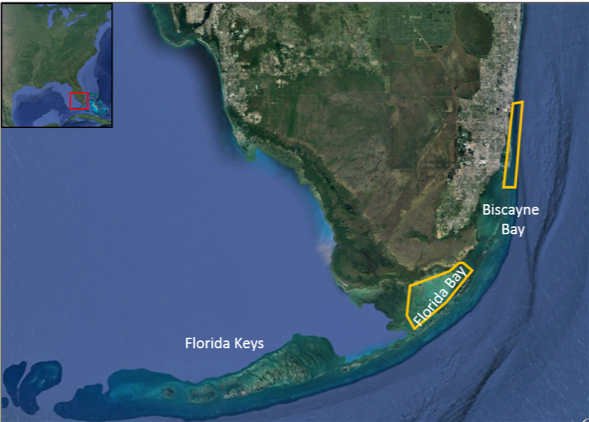
In South Florida, scientists are using acoustic telemetry to track the movements of important marine species such as sea turtles, tarpon, permit, sawfish, cobia, and nurse sharks. Tracking is conducted by implanting or attaching acoustic tags to the animal and then stationary underwater devices called receivers record information from the acoustic tag when the animal swims within range of the receiver. These receivers are found in coastal waters throughout South Florida from Biscayne Bay down to the Florida Keys and into the Everglades.
Receiver data allows researchers to determine how animals use their environment, including seasonal use of habitats and migration patterns. However, to better understand how climate may impact animal movements, researchers need to deploy temperature loggers at receiver locations.
Funding from the Curtis and Edith Munson Foundation is allowing SECOORA to purchase 3 new receivers and 30 water temperature loggers which FACT Network members will deploy.
The Curtis and Edith Munson Foundation provided $15,000 for this project. SECOORA’s goal is to raise another $15,000 in 1:1 matching contributions in order to support a graduate student to use temperature logger data and deploy acoustic tags in fish species to address fisheries management concerns. The project study area will focus on Biscayne Bay, Florida Bay, and the Florida Keys.
We need your help in order to make this student opportunity happen.
Two Ways to Donate
All donations are tax deductible. SECOORA’s is Tax ID 26-1215705.
- Donate online by clicking here.
- Mail a check to SECOORA.
SECOORA
ATTN: Munson Award: Support a Student
PO Box 13856
Charleston, SC 29422

Sponsors
Thank you to our generous sponsors! Click here to learn more about sponsoring.
Silver Sponsor
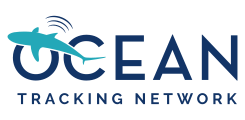
Other Support


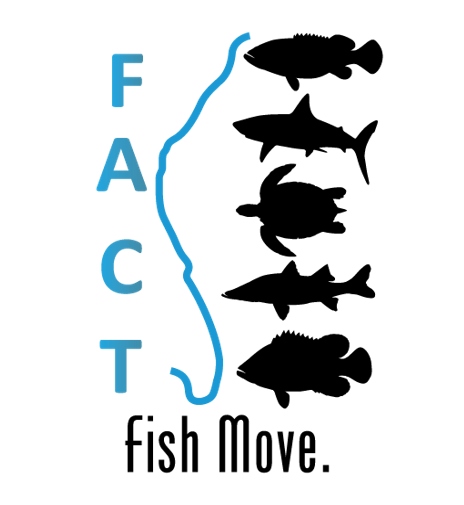
Related news
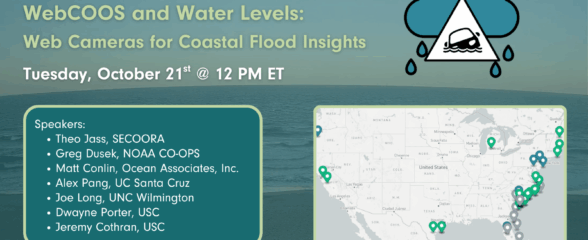
SECOORA Webinar | WebCOOS and Water Levels: Web Cameras for Coastal Flood Insights
On October 21st at 12 PM ET, SECOORA is hosting a webinar with investigators from the Webcam Coastal Observation System (WebCOOS) project team and the WebCOOS Project Manager. Web cameras are a low-cost technology that can be used to document flooding impacts to coastal communities. Register here.
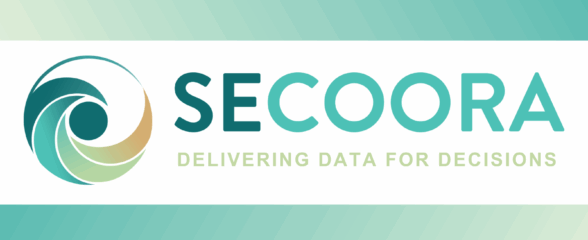
SECOORA Funding Opportunity Announcement: Letters of Intent Solicitation
SECOORA will submit a coordinated regional proposal in response to the anticipated FY 2026 Implementation of the U.S. Integrated Ocean Observing System (IOOS) funding opportunity. Letters of Intent to be considered for inclusion in SECOORA’s full proposal are due September 9, 2025.

SECOORA Hosts the First Surface Elevation Table (SET) Community of Practice Virtual Workshop
The SECOORA SET Workshop was virtual on July 17, 2025. More than 50 Community of Practice members and stakeholders joined this collaborative workshop to discuss SET monitoring, coastal resilience, and data-driven decision making in the Southeast.